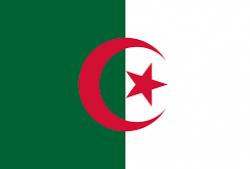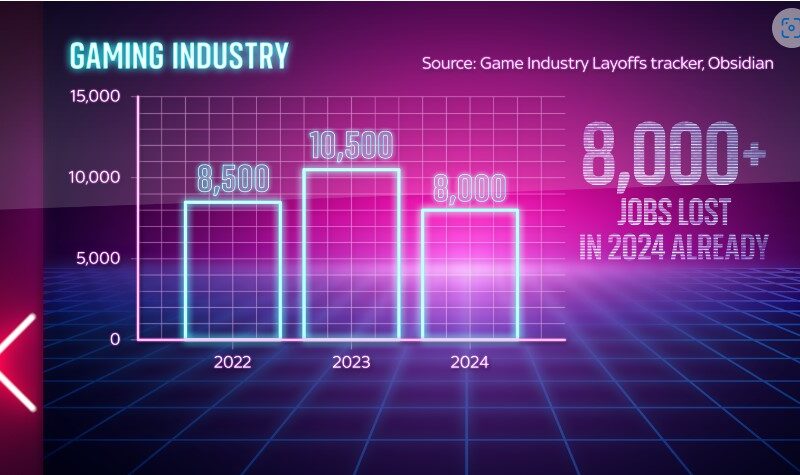By John Pickard
The decision of the Algerian president not to stand for a fifth successive term has come too late to stem the revolutionary wave of protests now sweeping that country. His climb-down has made little difference to the crescendo of demonstrations that have been growing for three weeks, the biggest protests for decades.
The 82-year-old president, Mohammed Bouteflika, has been dubbed the ‘invisible president’, because he has not appeared in public for six years after suffering a stroke in 2013. Even while his presidential nomination papers were being processed in Algiers, he was being treated in a Swiss clinic. It is not surprising that the reaction of the mass of workers and youth, when it had been announced that he was going to stand again, was one of rage.
Since then, for more than two weeks Algeria has seen an ever-increasing number of demonstrations and protests, not only in the big cities, but in towns throughout Algeria.
While Bouteflika has remained the nominal president, the Algerian government has been managed by a secretive cabal, including the president’s brother, a handful of top military men and their business cronies. Government contracts and favours have been granted to those in this select network of friends and corruption is known to be rife. A new elite has grown fat on the petro-dollars of Algeria’s lucrative oil and gas extraction industry; but the mass of population have had enough.
Regime is split as its backers peel away
Algerian is the only Arab state still governed by its former liberation movement, the FLN (Front Liberation Nationale), which led the struggle for independence from France up to 1962. Up to now, the FLN badge has given the presidency some authority. Bouteflika was also credited with having led Algeria out of the civil strife of the 1990s when the army intervened to prevent the election of an Islamist government. The undeclared civil war in that decade led to as many as 100,000 deaths, although some put the figure as high as 200,000. (The Financial Times uses both figures, in different articles). But the regime has now run out of steam, politically and economically.
The elite at the top is clearly split and unable to decide on a successor to the enfeebled president. Not only have the mass of the population expressed their opposition to him, but some of Boutaflika’s erstwhile supporters have backed away in the face of such an enormous movement. Business leaders have scrambled to put daylight between themselves and the rotten regime which has backed them up to now.
When the ‘Arab Spring’ spread around North Africa and the Middle East in 2011, the incipient movement of Algerian youth was quickly nipped in the bud by the government, using heavy-handed measures by the army and police. Now, in the face of massive and unrelenting demonstrations, the police and army have been obliged to stand to one side and leave well alone. Even the National Organisation of the Moudjahidines – the veterans of the liberation struggle – expressed its support for the demonstrators.
Huge fortunes may have been made by a tightly-knit elite at the top of society, but the situation faced by the mass of workers and youth is dire. Despite the massive riches from the gas industry, the economy has corruptly managed in such a way that it has utterly failed the majority of what is an overwhelmingly young population of over 42 million.
The unemployment rate is over 11 per cent and even higher than that among younger people. Algeria has a high degree of economic inequality, with the consumption rates of the rich and poor separated by as much as over 27 percent and a little over 23 percent of the population lives below the poverty line
The demonstrators, rather than being placated by Bouteflika’s announcement not to stand, have only been more enraged. The presidential elections set for April 18 have been put back to some indeterminate date and the universal feeling is that his concession is too little, too late. “It’s not a football match”, some demonstrators, shouted in Algiers, “No extra time!” Another protester added, “This system has to go. There is no longer a place for it in Algeria. It has been driving the country towards an abyss.” And another: “we will keep the pressure on the regime until they give in. our demands are clear. The system has to go.” (Quotes from the Financial Times, March 13)
Comparable in size to the two mass uprisings in Egypt
The movement in Algeria has not yet run its full course and might yet have a long way to go. The authority of the regime is in tatters, but it is desperately hanging on and playing for time, as it tries to work out a strategy and decide on a successor to Boutaflika. Across the Mediterranean, President Macron of France, a late convert to Algerian democracy, has “saluted” the decision of Boutaflika not to stand. Above all, Macron fears the danger of contagion, with the possibility of the Algerian protest movements blending with the yellow-vest demonstrations by inspiring the million-strong population in France who are Algerian or have Algerian heritage.
The movement in Algeria is comparable in its size and scale to the movements in Egypt that overthrew President Hosni Mubarak in 2011 and Mohamed Morsi two years later. Yet despite the enormous power, determination and energy of these two great movements – each involving millions of workers – they lacked a clear sense of where they were going what political and economic measures were needed to tackle the problems faced by the mass of the population.
In the Algerian movements today the same key issues arise as in Egypt in 2011 and 2013. It is not a question of whether or not Bouteflika is overthrown – that is almost a given – but how thorough-going and how far the revolutionary movement will go: how deep will be the purge of the old regime. Above all, it is a question of what will be the class character of the government that takes its place. Will it be a government of workers, youth and the lower middle-class, taking the necessary steps to nationalise the banks, big industries and the main levers of the economy to plan and use the nation’s resources for everyone’s’ benefit? Or will it be another government of the financial and capitalist elite, intent on diverting and ultimately containing the mass movement that has shaken this elite to the core?
March 13 2019



